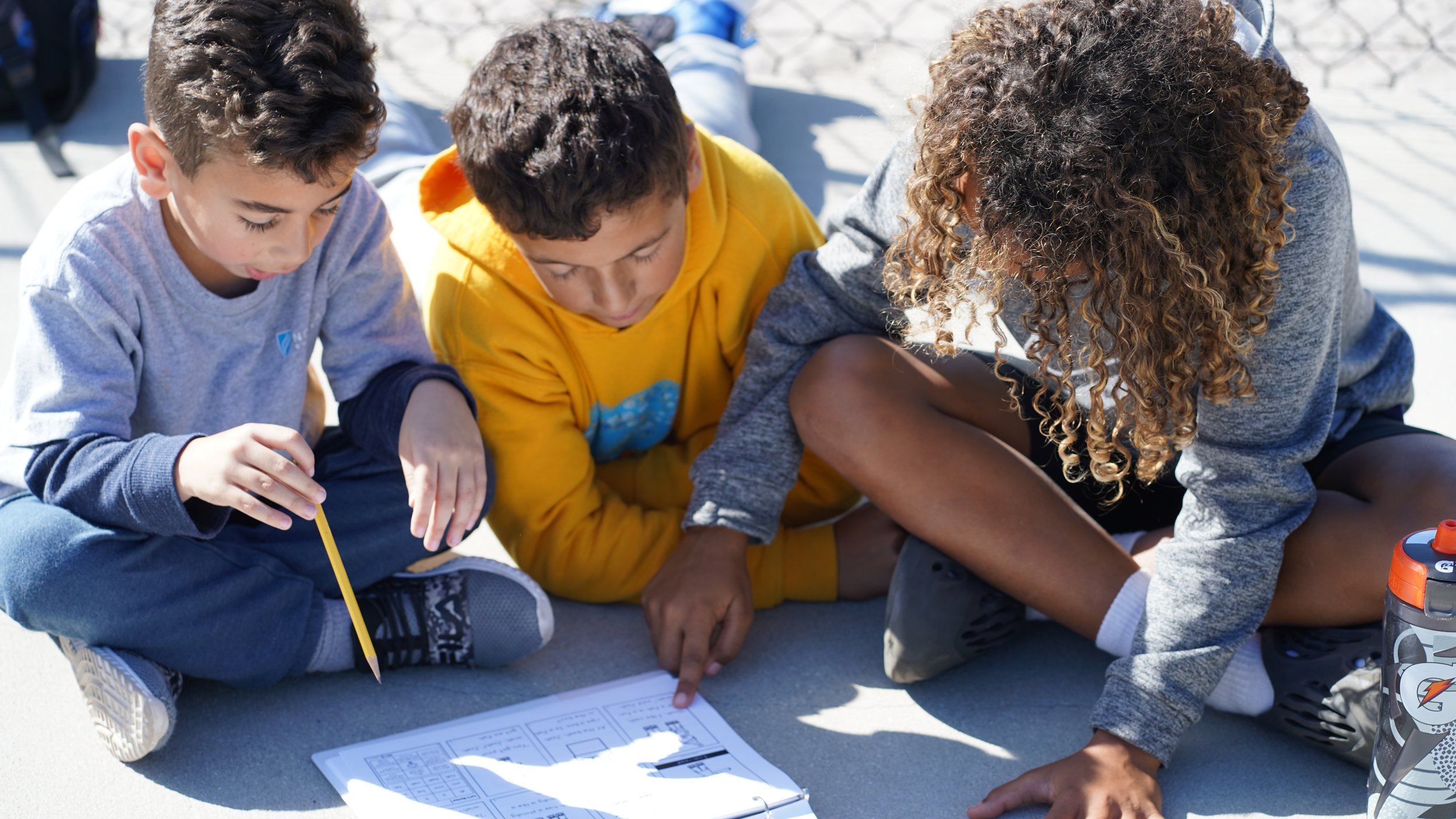Knowing how to collaborate is an important part of a well-rounded education. Students must learn to be successful working in groups to prepare for life after graduation. For some, leadership and teamwork come naturally. Most children, however, need to develop the skills required to be an effective collaborator. These are the skills students need to learn to be great at collaborating with others:
Communication Skills
You can’t collaborate if you can’t communicate. Students need to be able to practice active listening. This means tuning in to what others are saying and picking up on cues, as well as showing acknowledgment. It also means developing effective verbal and nonverbal communication techniques, like making eye contact and speaking with confidence. One area where children, or anyone excited about a certain topic, can struggle is waiting their turn. This is as important as any communication skill for effective collaboration.
Problem-Solving Skills
Generally speaking, collaborative assignments are about putting everyone’s heads together to solve a problem. Students should start by identifying and defining the problem that needs to be solved, and then work together to brainstorm solutions. Everyone has unique experiences to pull from for ideas, so your student has something special to bring to the table. Once the ideas are on paper, students need to be able to work together to evaluate the options and make decisions together.
Conflict Resolution Skills
Every person has a different perspective, so it’s natural that sometimes, students will disagree on the best course of action. When this happens, it helps to hear everyone out and understand their point of view. If it’s a subject the student is especially passionate about, discussions can get heated. This means it’s time to take a step back and remember to have a positive attitude about the situation. At the end of the day, everyone in the group is trying to reach a common goal.
Time Management Skills
Group projects involve setting and prioritizing goals for the project as a whole. Individual students also need to set their own goals for the project, organizing their tasks and responsibilities to ensure their part gets done. This is essential for meeting deadlines and managing time effectively as a team. Ideally, everyone on a collaborative project will pull their weight and contribute to its success.
Leadership Skills
Collaborative groups often have a clear leader, but everyone in the group should focus on honing their leadership skills. The group leader should focus on keeping the others motivated, and everyone in the group should look for opportunities to take initiative. Group members can work together to delegate tasks and responsibilities, playing to each member’s strengths. A lot can happen in group projects, so another important skill is staying positive in adverse situations. By learning these important leadership skills, your child can achieve great things.
At North Tampa Christian Academy, one of our core focuses is effective collaboration. Students at our Tampa Christian school thrive creatively, academically and spiritually in a collaborative learning environment. Faculty and families work together to inspire leadership through Christian innovation. Contact us today to learn more.

